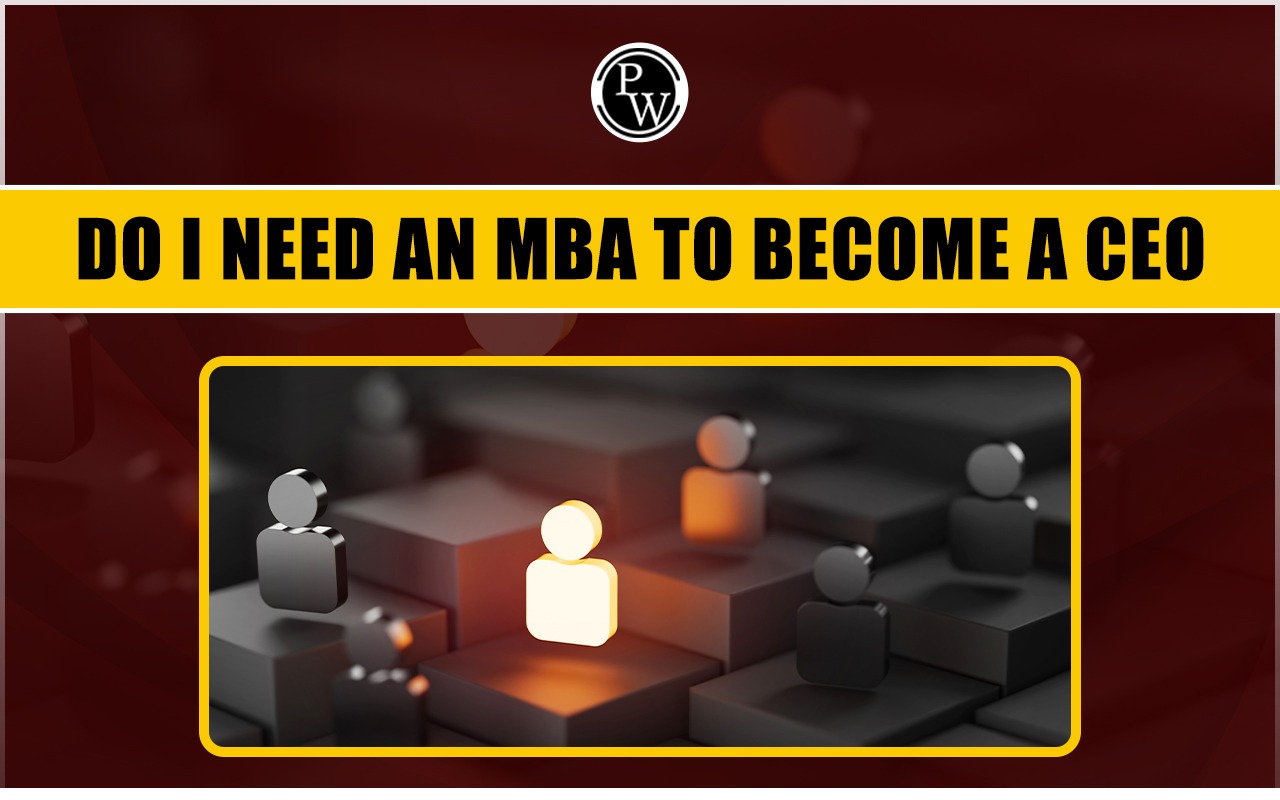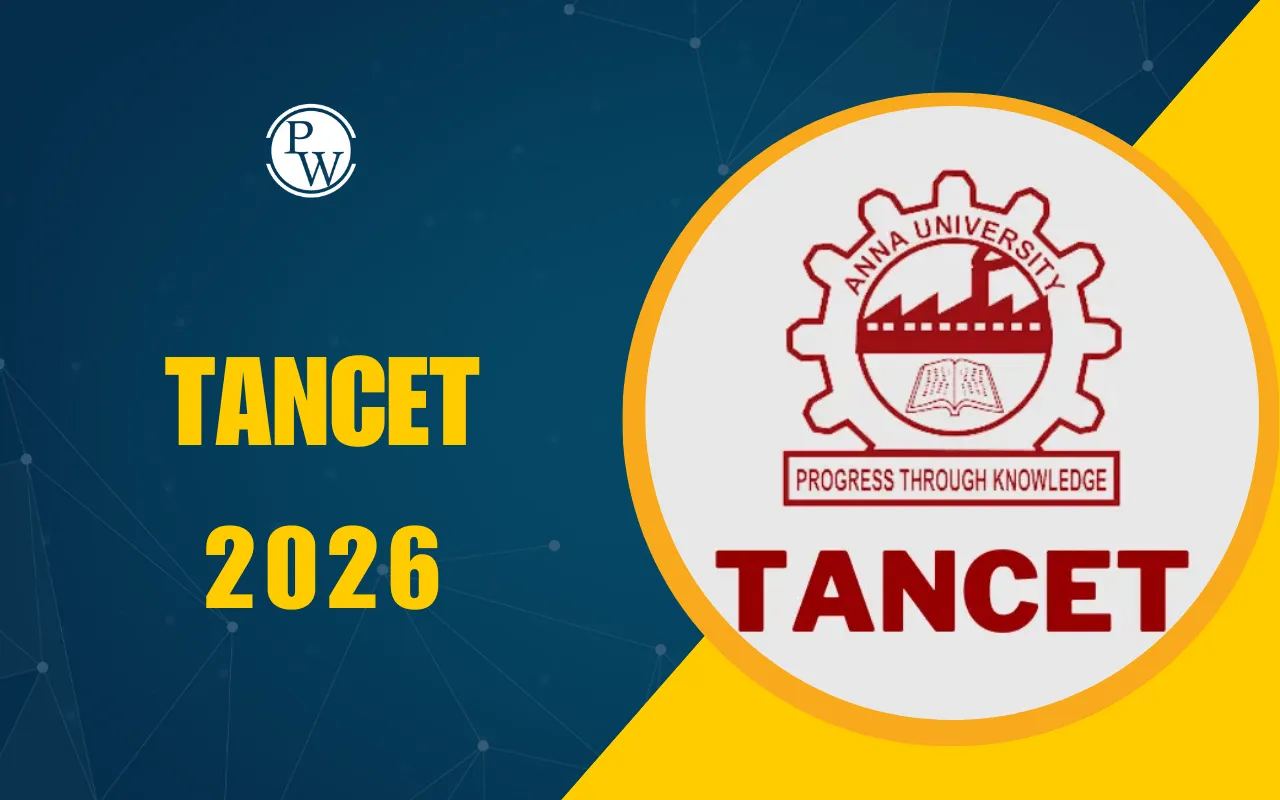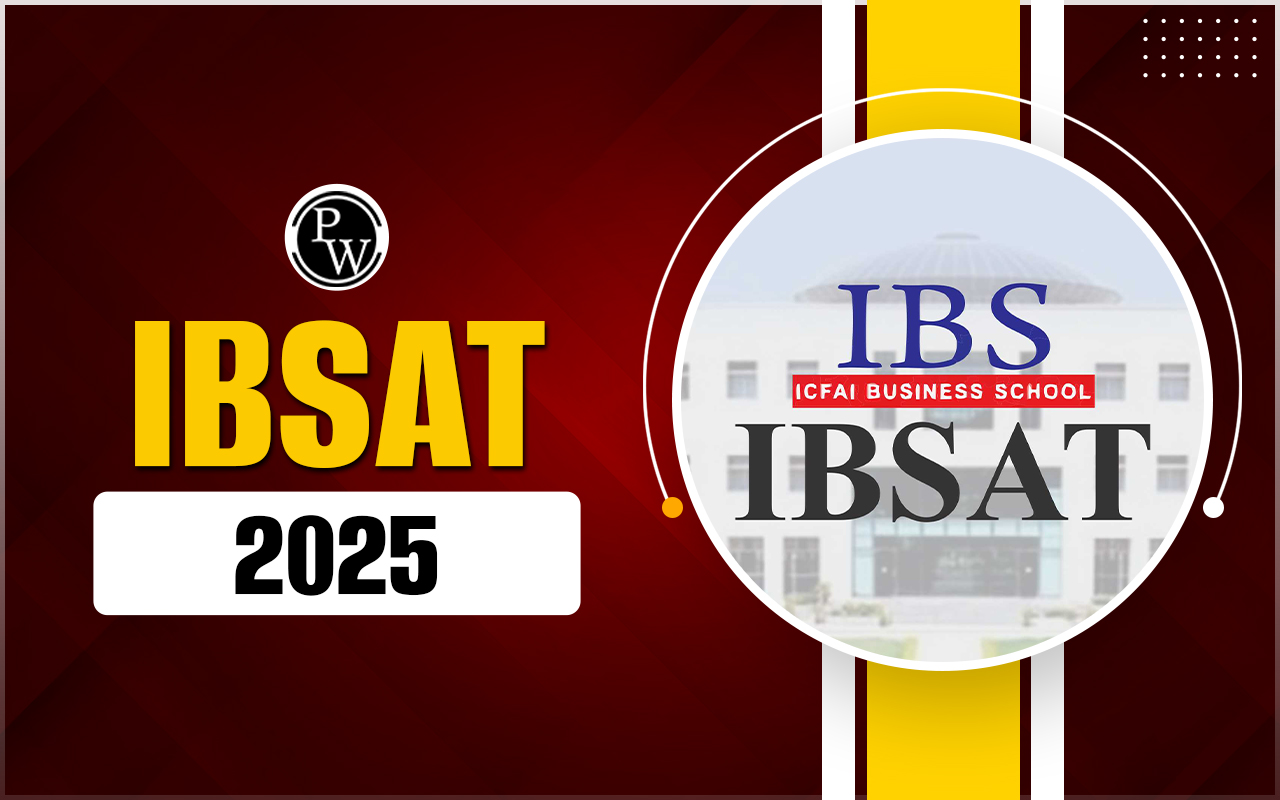

Do I Need an MBA to Become a CEO: This has always been a common question among students. Many people wonder if having an MBA is necessary to become a CEO. While an MBA can provide valuable skills and knowledge, it is not the only path to reaching the top leadership position in a company. Here we’ll explore the role of an MBA in achieving a CEO position, discuss alternative routes, and highlight the essential skills and experiences needed to succeed as a CEO.
Do I Need an MBA to Become a CEO?
The path to becoming a CEO is not a one-size-fits-all approach. While an MBA degree can provide valuable business knowledge and open doors, it is not an absolute requirement to reach the top executive position. Whether you choose to pursue an MBA or explore alternative routes, the most important factor is your ability to drive results, inspire your team, and navigate the complexities of the business world.Why Get an MBA to Become a CEO?
While an MBA can provide valuable business knowledge and open doors to career advancement, it is not an absolute requirement to become a CEO. Across North American companies, the educational backgrounds of CEOs vary significantly. Degree Breakdown of Fortune 100 CEOs:- 54% hold a graduate degree
- 59% of those graduate degrees are MBAs
Also Read: Role of MBA in today’s world
Successful CEOs Without MBAs
There are numerous examples of highly successful CEOs who have reached the top without an MBA degree:- Jeff Bezos, Founder and Former CEO of Amazon” Bezos holds a bachelor's degree in Electrical Engineering and Computer Science from Princeton University. He has transformed Amazon from an online bookstore into a global e-commerce and technology giant.
- Bill Gates, Co-founder and Former CEO of Microsoft: Gates, a Harvard University dropout, co-founded Microsoft and led the company to become one of the world's most valuable technology corporations.
- Richard Branson, Founder, Owner, and Former CEO of Virgin Groups: Branson, with just a high school education, has become one of the world's most recognizable and prolific businessmen, owing his fortune to a conglomerate of businesses with the Virgin brand name.
- Mark Zuckerberg, Co-founder, Chairman, and CEO of Meta: Zuckerberg started the social media platform Facebook at the age of 19 while he was at Harvard. When Facebook took off, he dropped out of college. These examples demonstrate that becoming a successful CEO without an MBA is certainly possible, as long as you possess the necessary skills, experience, and leadership qualities.
Alternatives to Getting an MBA
While an MBA can provide valuable business knowledge, there are other ways to gain the necessary skills and expertise to become a CEO:- Earn Certifications in Multiple Business Disciplines: Becoming certified in areas such as finance, marketing, information technology, supply chain management, and business administration can help you develop a well-rounded business education.
- Pursue a Master's Degree in a Specific Business Area: Earning a master's degree in finance, accounting, or another specialized business field can help you deepen your expertise in a particular domain.
- Take Advantage of Corporate Training and Development Programs: Many companies offer in-house training and development programs that can help you gain a deeper understanding of the organization's operations and demonstrate your dedication to the company.
- Gain Relevant Work Experience: Building a diverse portfolio of work experience, particularly in the industry you aspire to lead, can be just as valuable as an MBA degree.
Pros of Getting an MBA to Become a CEO
Despite the success stories of non-MBA CEOs, there are still significant benefits to pursuing an MBA degree: Gaining Hard and Soft Skills An MBA program provides a comprehensive education in various business disciplines, such as finance, marketing, and operations. Additionally, MBA programs often emphasize developing soft skills, such as leadership, communication, and problem-solving, which are essential for success in the business world. Credibility and Career Advancement An MBA degree can be a valuable asset for career advancement, as many companies view it as a sign of commitment to professional growth. MBA holders may be more likely to be considered for leadership positions, including C-suite roles. Networking Opportunities MBA programs offer numerous opportunities to connect with industry professionals, including fellow students, alumni, and faculty. These connections can lead to valuable professional partnerships, mentorship opportunities, and job recommendations. Access to Job Opportunities Many MBA programs have strong relationships with companies in various industries, providing students with access to job opportunities that may not be readily available otherwise. The alumni network can also be a valuable resource for job seekers. Career Flexibility and Mobility An MBA degree can open the door to a wide range of career opportunities, allowing individuals to explore different industries and roles. This flexibility can be particularly valuable in today's rapidly changing business landscape.The Importance of Skills and Experience
While an MBA can provide a strong foundation, it is not the only path to becoming a CEO. Ultimately, what matters most is the skills, experience, and leadership qualities you possess, regardless of your educational background. As the data shows, a significant portion of CEOs have reached the top without an MBA. What's more important is your ability to demonstrate your capabilities, achieve success in your career, and build strong relationships within the industry.Cons of Getting an MBA to Become a CEO
Here are the main cons of getting an MBA to become a CEO:- An MBA won't ensure your success as a CEO — it all depends on the industry you're in. For example, a degree in engineering or information technology may be more useful than an MBA when running a tech company. In a 2018 Harvard Business Review ranking, 34 of the top 100 performing CEOs had an engineering degree, compared with 32 who held an MBA.
- An MBA doesn't guarantee that you'll rise through the ranks and make it to the level of CEO . For most organizations, your achievements matter more than your education. Making yourself visible both inside of and outside of the organization you work for can do more for your career than simply having an MBA.
- An MBA may not be as helpful as actual business experience if you plan to be CEO of your own company . Only about 25% of founders of unicorn companies (i.e., private startup companies with a value of over $1 billion) hold an MBA.
- Pursuing an MBA is a big commitment of both time and money . There are other ways to round out your business education and experience that are less expensive and may require less time.
- Getting an MBA is better than not having one, but is it really worth the time and money in the 2020s? The cost of tuition, textbooks, and living expenses can add up quickly. Additionally the opportunity cost of taking time off from work can be significant.
- MBA programs on average take between 18-24 months, and for each hour in class you'll need to devote at least 2 hours to homework, reading, and teamwork exercises outside of class . This is a major time commitment.
How an MBA shapes future CEO?
When deciding whether to pursue an MBA, it's important to consider the specific requirements and preferences of the industry and organization you aspire to lead. In some sectors, such as finance, an MBA may be more highly valued, while in others, a technical or specialized degree may be more relevant. Additionally, the size and complexity of the company you aim to lead can also play a role. Larger, more established organizations may place a greater emphasis on an MBA, while smaller, entrepreneurial ventures may value practical experience and a diverse skill set more highly. The path to the top executive position is multifaceted, and successful CEOs come from a variety of educational backgrounds. The key is to focus on developing the necessary skills, gaining relevant work experience, and demonstrating your leadership abilities. Realise your MBA target with strategic preparation offered by PW MBA Online Coaching . Join now to get comprehensive syllabus coverage, doubt resolution with individualized attention, regular practice sessions, and weekly tests.Do I Need an MBA to Become a CEO FAQs
Is an MBA required to become a CEO?
No, an MBA is not required to become a CEO. Many successful CEOs have reached the top without an MBA, relying instead on their skills, experience, and leadership abilities.
What are the benefits of having an MBA for aspiring CEOs?
An MBA can provide valuable business knowledge, enhance leadership skills, and offer networking opportunities. It can also boost credibility and open doors to career advancement.
Are there successful CEOs without an MBA?
Yes, there are many successful CEOs without an MBA. Examples include Jeff Bezos, Bill Gates, and Mark Zuckerberg, who achieved great success through their skills, innovation, and leadership.
What are some alternative paths to becoming a CEO without an MBA?
Alternative paths include gaining relevant work experience, earning certifications, pursuing a master's degree in a specific business area, and taking advantage of corporate training programs.
What skills are important for becoming a CEO?
Key skills for becoming a CEO include strategic decision-making, leadership, communication, problem-solving, and the ability to inspire and drive results within a team.
Talk to a counsellorHave doubts? Our support team will be happy to assist you!

Free Learning Resources
PW Books
Notes (Class 10-12)
PW Study Materials
Notes (Class 6-9)
Ncert Solutions
Govt Exams
Class 6th to 12th Online Courses
Govt Job Exams Courses
UPSC Coaching
Defence Exam Coaching
Gate Exam Coaching
Other Exams
Know about Physics Wallah
Physics Wallah is an Indian edtech platform that provides accessible & comprehensive learning experiences to students from Class 6th to postgraduate level. We also provide extensive NCERT solutions, sample paper, NEET, JEE Mains, BITSAT previous year papers & more such resources to students. Physics Wallah also caters to over 3.5 million registered students and over 78 lakh+ Youtube subscribers with 4.8 rating on its app.
We Stand Out because
We provide students with intensive courses with India’s qualified & experienced faculties & mentors. PW strives to make the learning experience comprehensive and accessible for students of all sections of society. We believe in empowering every single student who couldn't dream of a good career in engineering and medical field earlier.
Our Key Focus Areas
Physics Wallah's main focus is to make the learning experience as economical as possible for all students. With our affordable courses like Lakshya, Udaan and Arjuna and many others, we have been able to provide a platform for lakhs of aspirants. From providing Chemistry, Maths, Physics formula to giving e-books of eminent authors like RD Sharma, RS Aggarwal and Lakhmir Singh, PW focuses on every single student's need for preparation.
What Makes Us Different
Physics Wallah strives to develop a comprehensive pedagogical structure for students, where they get a state-of-the-art learning experience with study material and resources. Apart from catering students preparing for JEE Mains and NEET, PW also provides study material for each state board like Uttar Pradesh, Bihar, and others
Copyright © 2025 Physicswallah Limited All rights reserved.










